Tech Addiction & Digital Health in Children, Adolescents & Young Adults – NICHOLAS KARDARAS (Digital Seminar)
Description:
We are on the verge of a global public health crisis – and the kids, teens and young adults you work with are at the greatest risk.
Young people are living their lives in front of a screen with disastrous results. ADHD, depression, suicidality, anxiety, sleep irregularities, thought disorders, and stunted social skills are rising dramatically. Whether you’re a mental health professional or school-based professional the resources available have lacked the concrete strategies and real-life interventions you need to effectively intervene in this growing epidemic.
Dr. Nicholas Kardaras is an internationally renowned expert on tech addition, author of the best-selling book Glow Kids, and executive director of one of the world’s top rehabs, The Dunes in East Hampton, NY. He is an active advocate for screen addiction to be included as a clinical disorder.
Learn from him in this Certification training and get the most effective tools, strategies and techniques you need to help children, adolescents, young adults and families hijacked by technology overuse.
Discover:
- Clinical and school-based interventions for problem screen usage
- Safe and effective strategies to work with kids hijacked by tech addiction
- How family dynamics relate to problematic digital behaviors – and what you can do about it
- Proven interventions to reduce video gaming, social media, and YouTube obsessions
- Strategies to improve digital boundaries and discipline
Outline:
The Origins of Screen Culture
- The origins of “Indoor Children”
- Difference between passive TV viewing and immersive/interactive modern screen experiences
Neurological Impacts of Technology Overuse
- The role of dopamine in addiction
- The dopaminergic effects of screens on the brain
- A view of screens as “digital drugs”
- Brain imaging research and the effects on the frontal cortex
- Hormonal impacts of tech overuse
Clinical Research: Technology Overuse Impact On:
- Depression and social media
- ADHD and screen-time
- Anxiety and screen-time
- Thought disorders and video games as well as “sensory overload”
- Increased aggression and video games
- Limitations of the research and potential risks
Assessments and Observational Tools
- Assessment tools
- The difference between “overuse” and “addiction”
- A comparison with substance addiction assessment
Treatment Interventions for Tech Overuse
- Not all tech addiction is the same
- Specific digital usage problem, stressors, triggers
- Underlying and co-morbid issues
- Residential vs. outpatient treatment: Pros and cons
- How to implement a “Digital Detox”
- Importance of nature, meditation and exercise
Technology in the Classroom: Pedagogical Impacts of Screen Time
- Research on educational outcomes of classroom technology
- Phones in the classroom and standardized test scores
- Screens in the classroom and impact on reading and comprehension
- Comparisons of “Low Tech” schools and one-to-one screen schools
- Ed Tech: a $60 billion annual industry
- The Los Angeles “iPad Fiasco” and the Amplify initiative by Rupert Murdoch
Working with Families and the Family Dynamic
- Validate that the issues harming families are indeed real
- Address dysfunction contributing to the problem
- Family psychoeducation
- ”Family Intervention Plan”: The solution needs to be a collective one
”Mindful Digital Usage”: How to Reintegrate Back into Healthy Tech Usage
- Individualized digital “re-entry” plan: Hands-on activity
- Help the child to identify healthier “Digital Vegetables” vs. “Digital Candy”
- Measure progress and what to do if there is a setback
Case Study Review
- Learn interventions and strategies to handle:
- Mood-dysregulated 13 year old male, Dx Intermittent Explosive Disorder (IED)
- Violent adolescent male, Dx ADHD and conduct disorder, video gamer, school refusal, assaults parents
- Suicidal adolescent female, Dx depression, disordered eating and self-injurious behavior, social media platforms 8-10 hrs a day
- Twenty-five-year-old graduate student, very politically-interested, stays up all night “hyper-link” surfing, hears voices, paranoid
- Social-media obsessed mom, neglects young children, marriage is suffering, children acting out
FITNESS – HEALTH – MEDICAL Course
More information about Fitness:
Regular exercise and physical activity promotes strong muscles and bones. It improves respiratory, cardiovascular health, and overall health.
Staying active can also help you maintain a healthy weight, reduce your risk for type 2 diabetes, heart disease, and reduce your risk for some cancers.
Moderate aerobics exercises 3 times a week for 30 minutes can reduce cancer risk Cancer-based exercises provide relief to the patient during
cancer treatment There are many benefits to exercising. But it’s even more beneficial for cancer patients.
This has been proven in research published in the medical journal ‘Cancer Journal for Clinicians’.
Preview Information:
Original Page
Archive Page
More Course: FITNESS – HEALTH – MEDICAL
Outstanding Course:Marc Bubbs – Peak: The New Science of Athletic


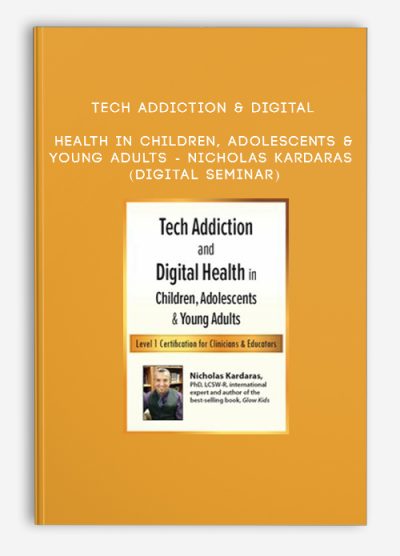
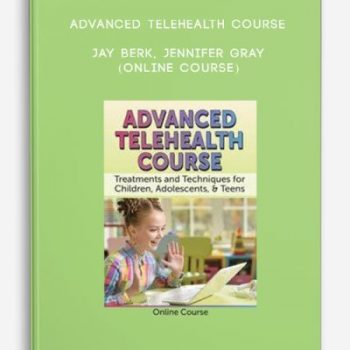
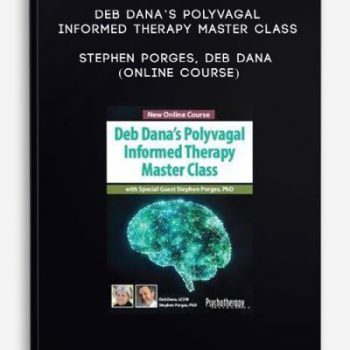
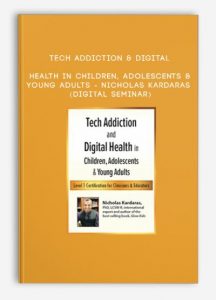



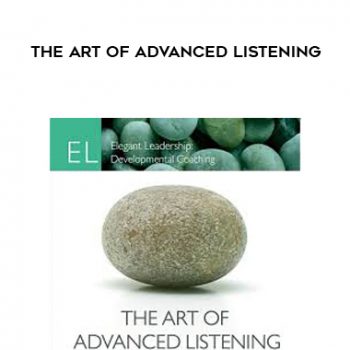



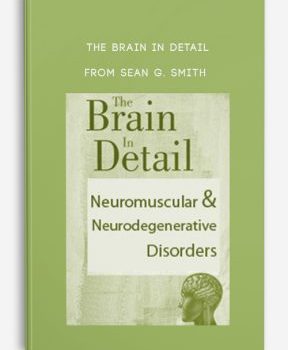
Lord –
This is Digital Download service, the course is available at Vincourse.com and Email download delivery.